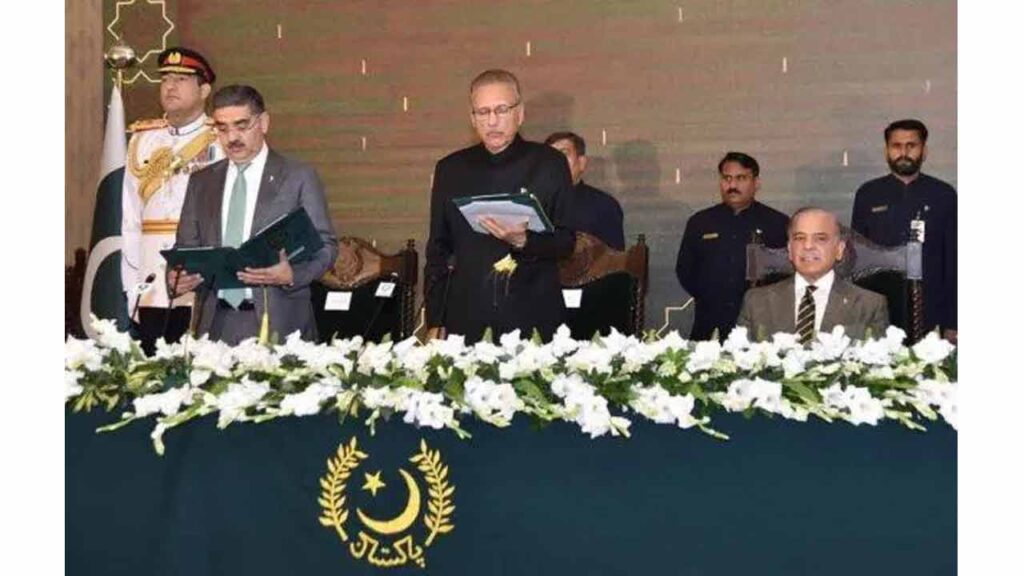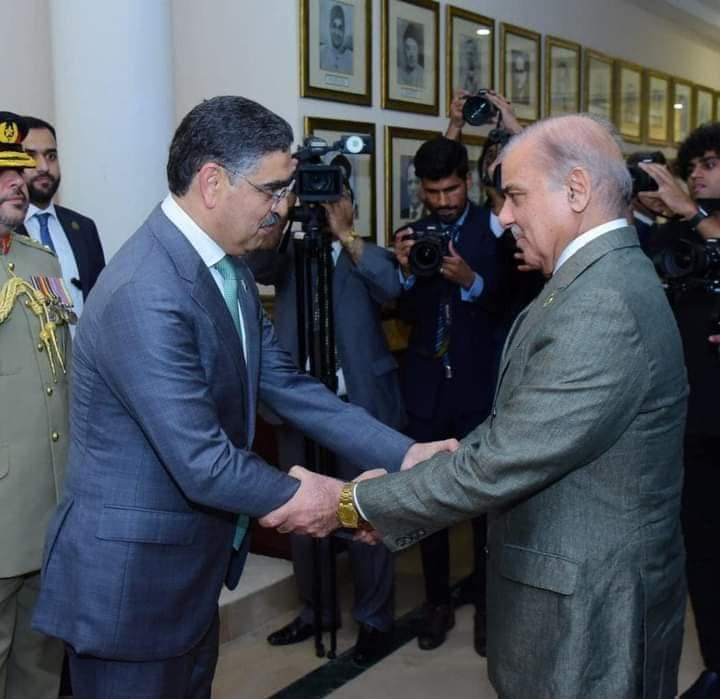
The newly appointed caretaker Prime Minister Anwar-Ul-Haq committed to ensuring fair and transparent elections in the upcoming cycle. He has outlined several plans to achieve this goal.
On Saturday, Pakistan President Arif Alvi instructed Shahbaz Sharif and Opposition Leader Raja Riaz to decide a caretaker prime minister. In Islamabad, after the consensus of the government and other parties. Baluchistan’s Anwar-Ul-Haq is eligible to be appointed caretaker Prime Minister.
As caretaker PM, Kakar would begin by assembling a Cabinet to manage the country as we approach an election that could last several months. The rules state that elections must held within 90 days. But they may be postponed after the latest census as the top electoral body would need time to redraw constituency boundaries.
Senator Anwar Ul Haq Kakar, an independent Baluchistan politician. He appointed as the interim Prime Minister of Pakistan. He elected to the Senate in 2018. And has active in politics, serving as the provincial government spokesperson.

However, Kakar contested the 2008 National Assembly election and chaired several committees. As, it including the Senate Standing Committee on Overseas Pakistanis and Human Resource Development. Kakar holds a degree of master’s in political science and Sociology from the University of Baluchistan.
In addition, following his oath, caretaker PM Kakar began consultations on the composition of the interim cabinet. In addition, Senator Sarfraz Bugti, Mir Khalid Lango and former provincial minister Mir Asim Kurd Gillo have urged the caretaker PM to form his cabinet, reported by the PMO.
Pakistani law provides for an interim government that oversees day-to-day affairs, limited to ordinary, non-controversial and reversible matters. Furthermore, the prime minister supposed to be fair, but some governments went overboard, as seen in 2013. The Supreme Court revoked appointments, transfers and temporary power holdings.
The Pakistan National Assembly has 342 seats, with 272 directly elected, 60 reserved for women, and ten for religious minorities. Meanwhile, the constitution allocates at least 70 seats for women and minorities. Sharif’s PML-N faces tough competition from Khan’s party, but Khan cannot participate unless his conviction overturned.
